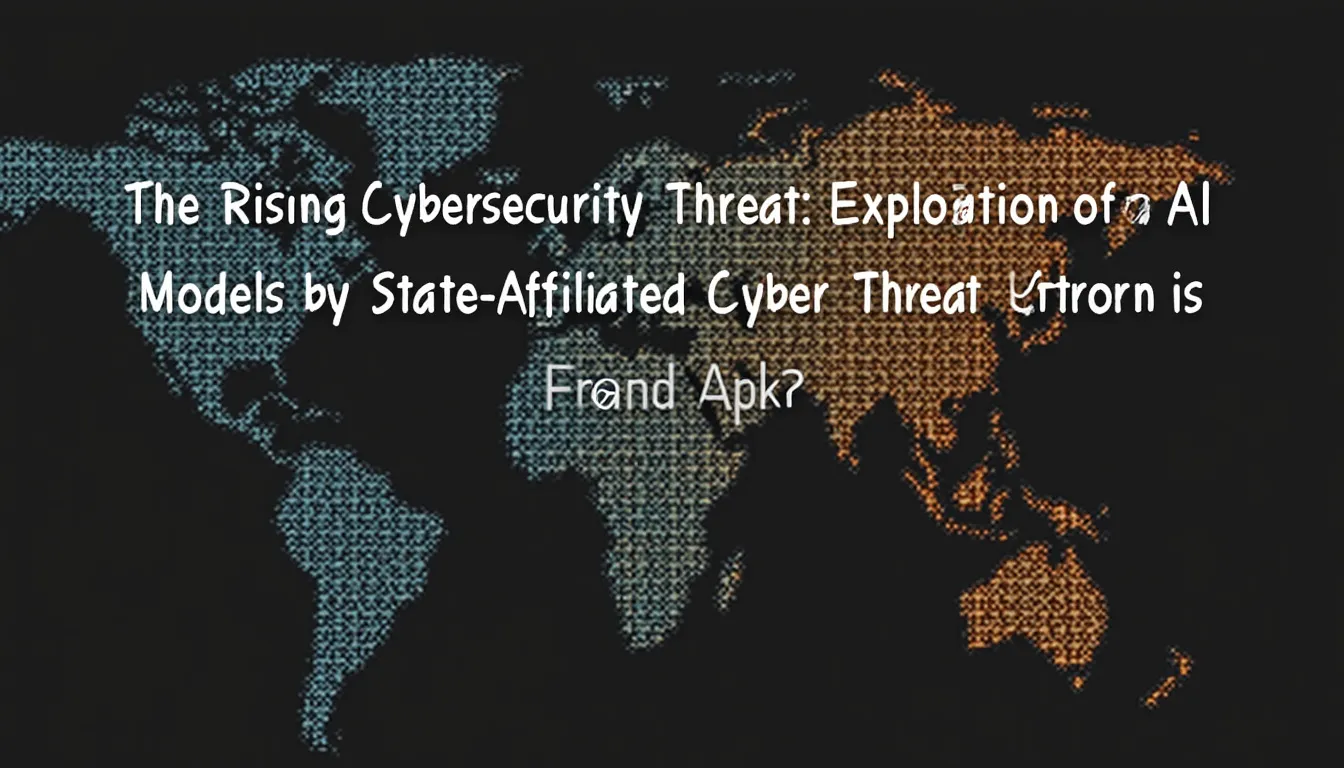Exploitation of AI Models by Cyber Threat Actors
The rise of advanced AI models like ChatGPT has unfortunately opened new avenues for exploitation by cyber threat actors. Prominent state-affiliated groups from Iran, China, North Korea, and Russia, such as CyberAv3ngers and Storm-0817, have leveraged ChatGPT for malicious purposes. Their activities range from malware development to conducting influence operations, highlighting the multifaceted risks posed by AI misuse.
Malware development is a notable concern, with groups like Storm-0817 utilizing ChatGPT to develop and debug malware for Android systems. By refining command and control infrastructures through the AI model, these actors enhance their capabilities for executing cyber attacks. Similar approaches have been observed among other threat actors, signifying a prevalent trend of using AI in malicious software engineering.
AI in Influence Operations and Cybersecurity
AI models like ChatGPT have also found use in influence operations. Notably, Iranian groups such as Storm-2035 have generated politically charged content about U.S. election topics to influence social media narratives. Despite these efforts, such campaigns have often faced challenges in engaging meaningful audiences, though there have been isolated successes where AI-generated or AI-assisted content reached wider audiences.
Beyond influence operations, threat actors have tapped into ChatGPT for reconnaissance and vulnerability research. CyberAv3ngers, for instance, have exploited its capabilities to gather sensitive information such as default credentials for programmable logic controllers, posing significant risks to industrial control systems. Additionally, groups like Charcoal Typhoon and SweetSpecter leverage the AI for generating phishing content, further expanding the arsenal of their cyber tactics.
Despite these threats, the capabilities provided by ChatGPT for malicious activities are not significantly beyond what is achievable with standard non-AI tools. OpenAI and its partners, including Microsoft, have actively worked to disrupt numerous operations linked to the malicious use of AI, terminating accounts associated with these activities. Over 20 such operations were dismantled in 2023 alone, showcasing a robust defense framework against such exploits.
Taking a proactive stance, OpenAI is implementing a multi-pronged strategy to ensure AI safety and prevent misuse by cyber threat actors. This involves continuous monitoring and disruption of malicious activities, collaboration with the AI ecosystem, and investments in technology to detect and counter sophisticated threat actors. These efforts underscore a growing recognition of the need to secure AI applications against exploitation by cyber adversaries, ensuring their benefits are preserved for positive and ethical uses.
The landscape of cybersecurity is constantly evolving with these AI advancements. Despite the potential for misuse, the collective efforts of AI developers and the cybersecurity community continue to strengthen defenses. The focus remains on balancing innovation with robust safeguards to protect technology and its users from nefarious intent.




